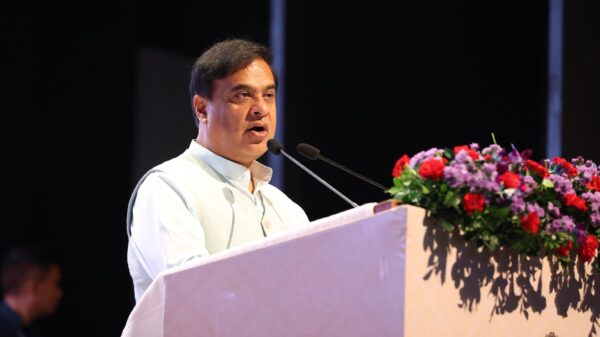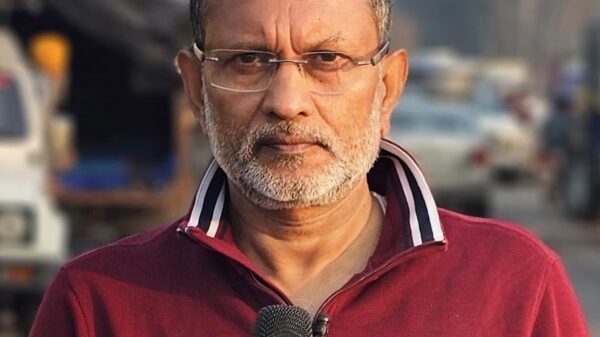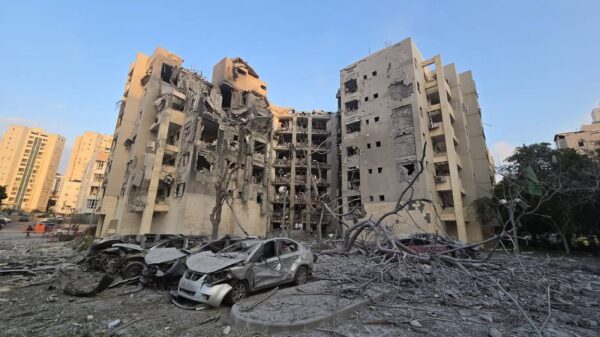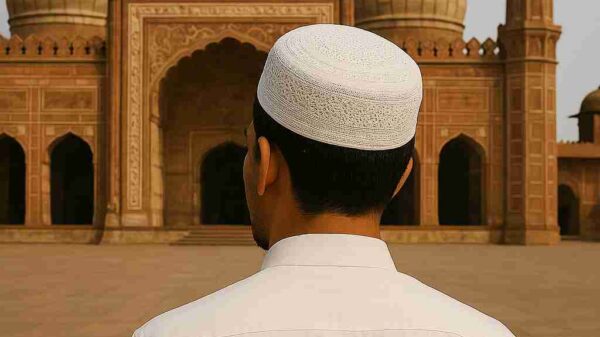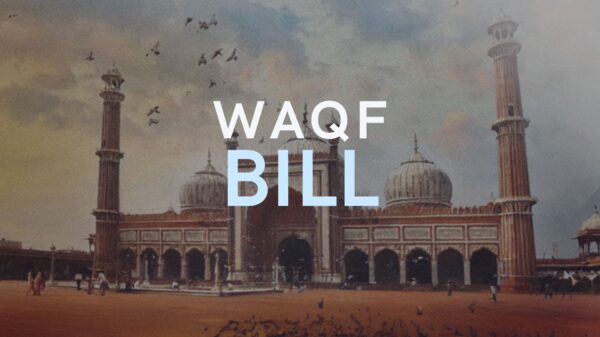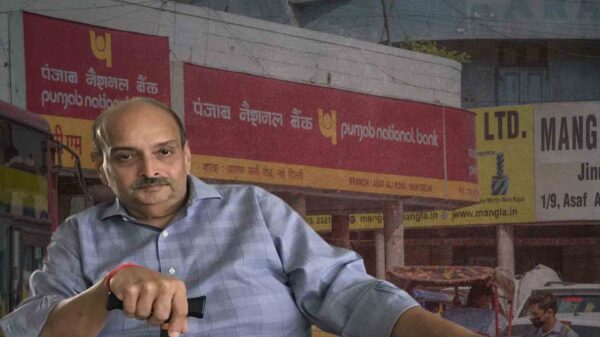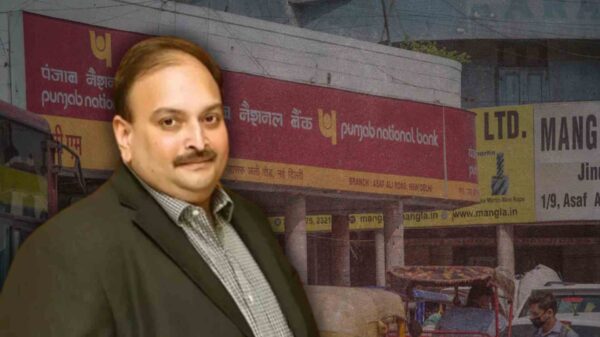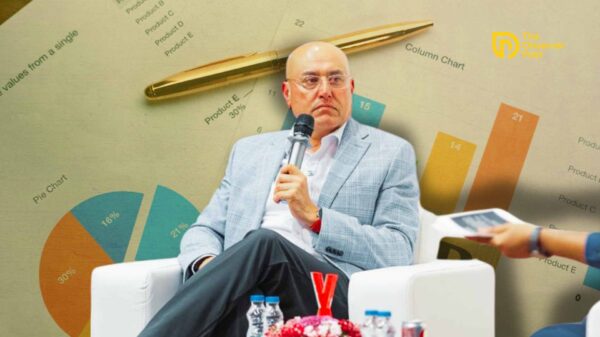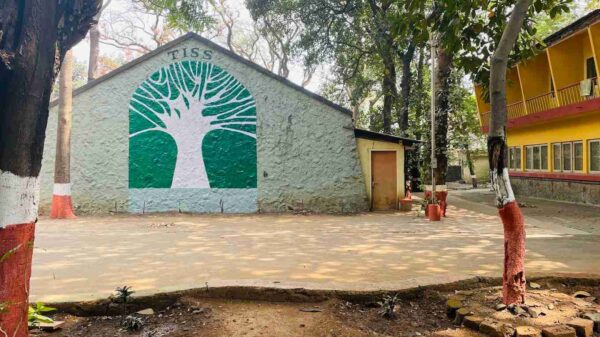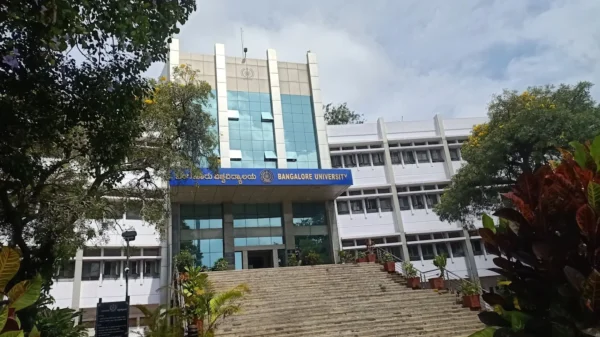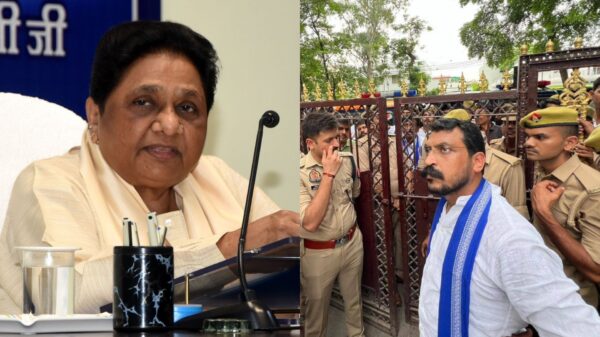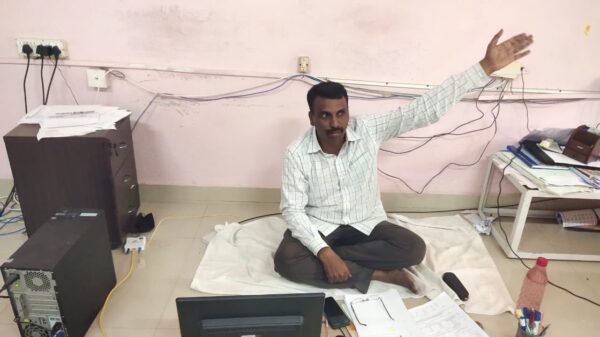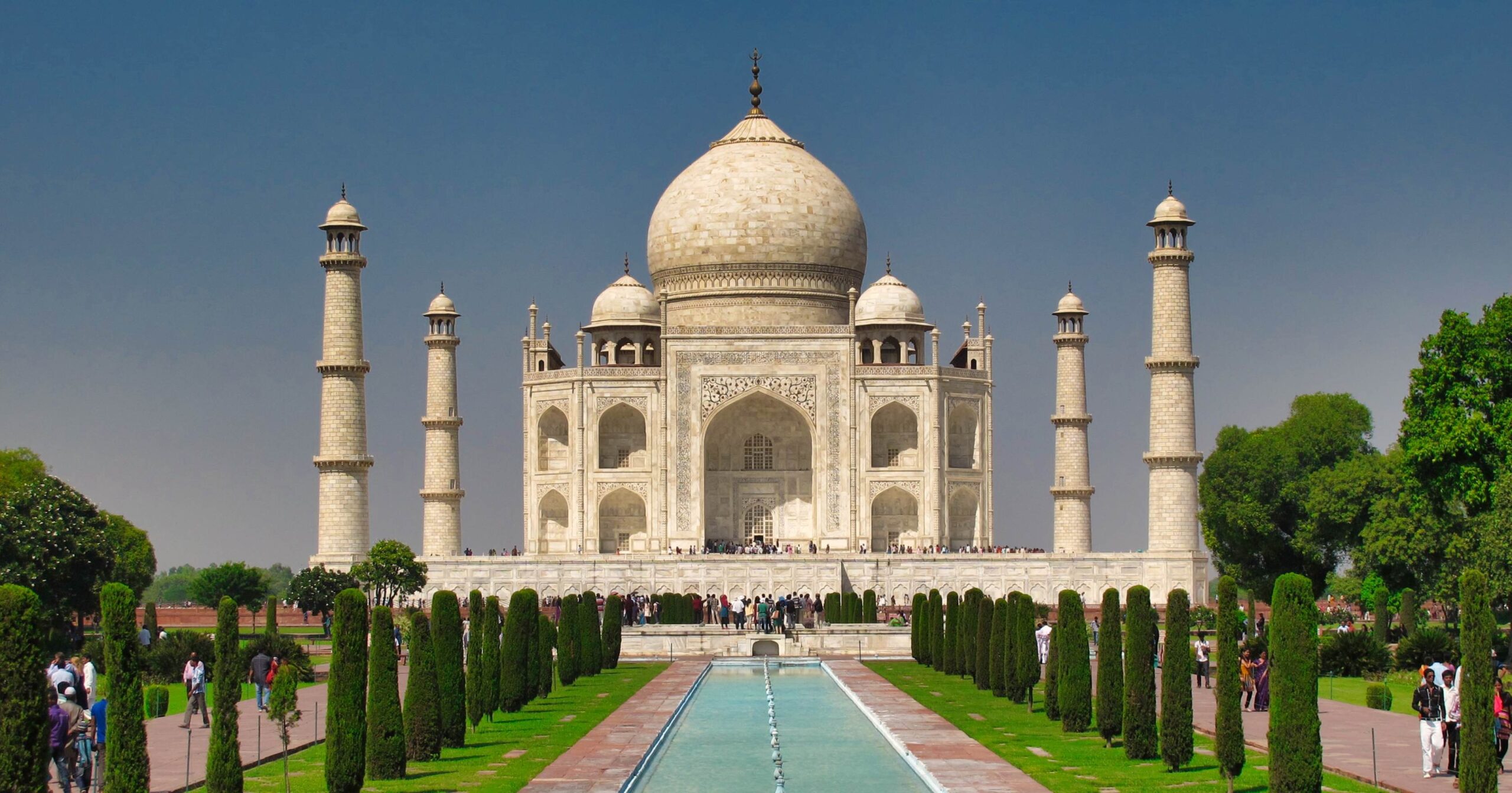A Public Interest Litigation (PIL) has been submitted to the Delhi High Court, calling for the removal of what the petitioner claims are “wrong historical facts” related to the construction of the Taj Mahal by Shah Jahan from history books used in schools and colleges. The PIL has been filed by Surjit Singh Yadav, the President of the NGO Hindu Sena S, who is seeking to correct the historical narrative surrounding the iconic monument.
The PIL urges the court to “issue a writ of mandamus commanding the respondents to remove wrong historical facts related to the construction of Taj Mahal by Shah Jahan from the books of history and textbooks referred in the schools, colleges, universities, and other institutions.”
Yadav’s argument is centred on the claim that there is no historical evidence supporting the demolition of Raja Man Singh’s palace and the subsequent construction of the Taj Mahal on the same site. He contends that “Shah Jahan never constructed Taj Mahal except carried out the renovation of the palace of Raja Man Singh.”
The petitioner is now seeking the court’s direction to have the Archaeological Survey of India investigate the age of the Taj Mahal and the existence of Raja Man Singh’s palace as of December 31, 1631, and to submit a report to the court.
The PIL also requests that the Central Government publish the correct history of Raja Man Singh’s palace, citing the book “Padshahnama” authored by Abdul Hamid Lahori and Qazwini, which supposedly supports their claims.
Yadav states, “to publish the correct history of the palace of Raja Man Singh (which had been renovated by Shahajhan w.e.f. 1632 to 1638) and these facts can be culled out from the book namely Padshahnama authored by court chroniclers historian Abdul Hamid Lahori & Qazwini respectively.”
Yadav argues that the information presented in the plea is derived from public records, RTI (Right to Information) applications, websites, and historical books.
The petitioner insists that people have a right to know the true historical facts about the construction of the Taj Mahal, and any non-disclosure or dissemination of incorrect information would violate Article 21 and Article 19(1)(a) of the Indian Constitution.
Furthermore, the PIL challenges information provided by the Archaeological Survey of India on its website, claiming that it took approximately 17 years to complete the Taj Mahal in 1648, while asserting that the Tomb of Mumtaz Mahal was nearly complete by 1638. The PIL contends that the commonly propagated historical fact about the 17-year construction period of the Taj Mahal is factually incorrect.
The respondents in the PIL include the Central Government, the Archaeological Survey of India, the National Archives of India, and the State of Uttar Pradesh.






